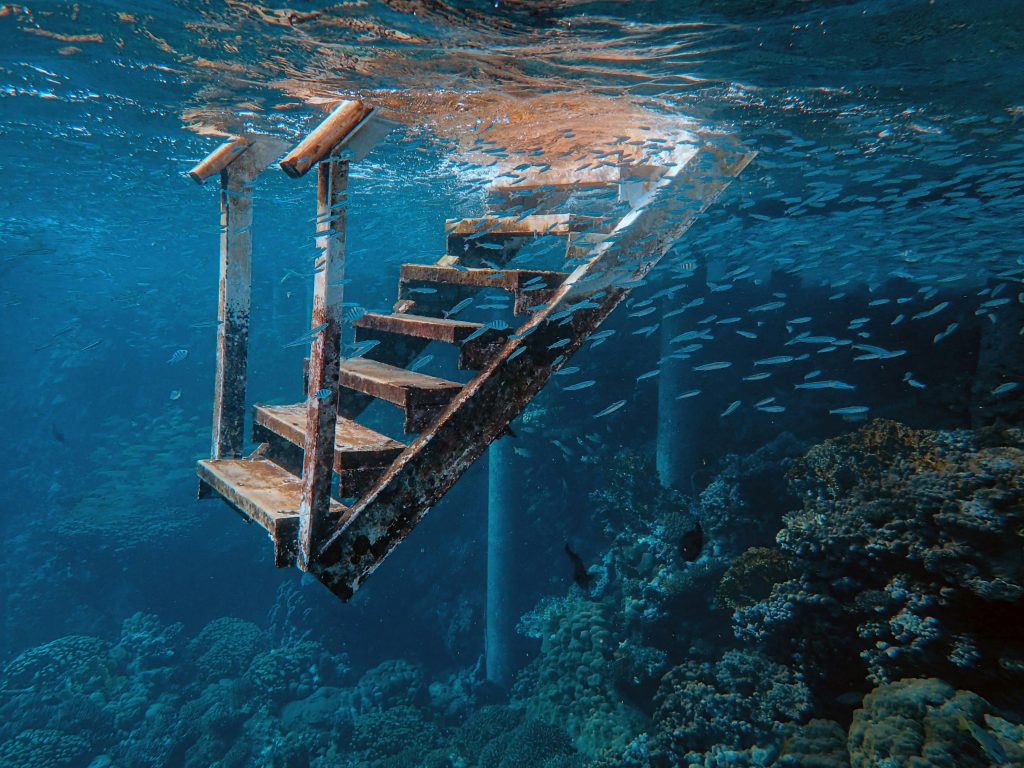The ocean just got the protection it needed.
And honestly? It might change how we think about waste forever.
Something massive happened in September 2025 that barely made headlines. Morocco and Sierra Leone became the 60th and 61st countries to ratify the UN High Seas Treaty, triggering its entry into force on January 17, 2026.
This covers two-thirds of the world’s ocean where nobody was officially in charge before.
For the first time ever, we can create protected areas in international waters. After nearly two decades of negotiations, 142 countries plus the European Union signed on.
But here’s why this matters for anyone trying to live zero waste.
The Boundary Problem
Ocean protection and waste management face the exact same challenge: stuff crosses borders.
Your plastic bottle doesn’t care about national boundaries when it floats into international waters. Neither does that microplastic from your synthetic clothes or those tiny fragments from takeout containers.
The ocean treaty just proved something huge. Countries can actually coordinate to protect shared resources.
Meanwhile, waste policy? Still a mess of conflicting rules and gaps.
The Policy Contradiction
While oceans get historic protection, climate commitments reveal how backwards things still are.
Australia committed to reducing emissions 62-70% by 2035, yet their per capita pollution will still rank among the world’s highest. The math shows 75% cuts are possible and would boost GDP by $227 billion more.
But they’re not doing it.
Companies are moving faster than governments. Over 7,000 businesses have set science-based emissions targets, with a 227% jump in climate commitments recently.
It’s backwards. International treaties work, national policies lag, and corporations fill the gaps.
What This Means for Waste
Here’s the thing that gets me excited about this ocean treaty.
It creates a template for coordinating on global waste problems.
Think about it. Your zero waste efforts matter, but they’re limited by the systems around you. No bulk stores nearby? Plastic packaging everywhere? Recycling programs that don’t actually recycle?
Those are coordination problems, just like ocean protection was.
The first Conference of the Parties happens in toward the end of 2026. That’s when countries will propose actual protected areas in international waters.
What if the same coordination model gets applied to waste streams? Global standards for packaging? Coordinated action on microplastics? International rules for waste exports?
I’m watching for signs this ocean breakthrough might spark the next waste management revolution.
Because honestly, we need it. Individual action is great, but systemic problems need systemic solutions.
And for the first time in decades, countries just proved they can actually work together on something this big.

